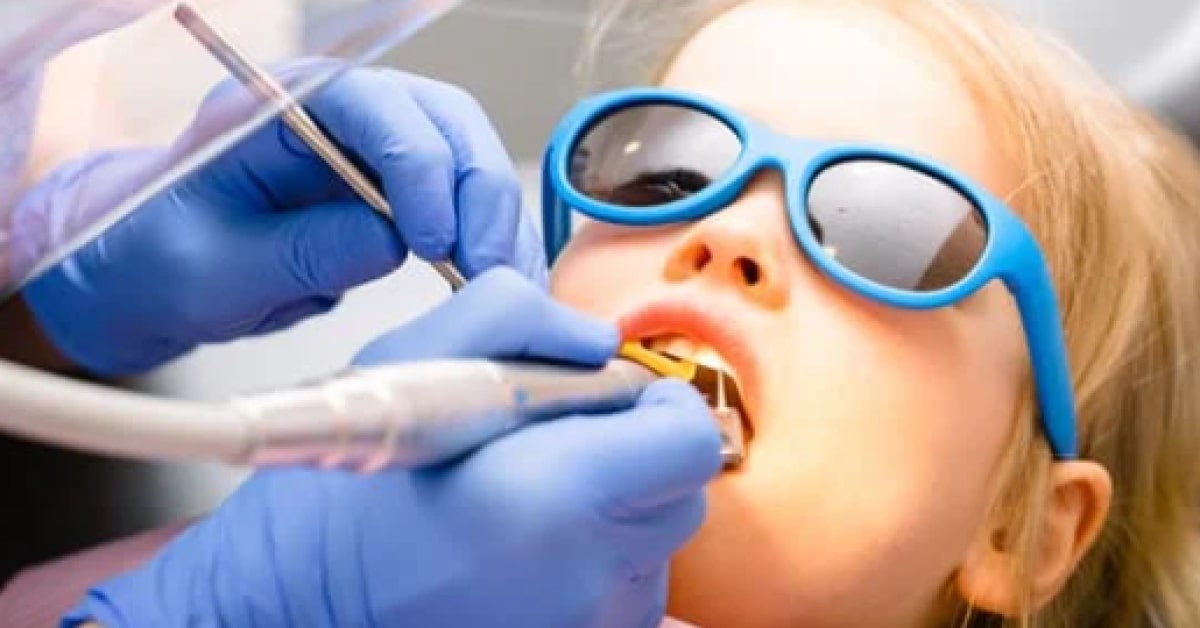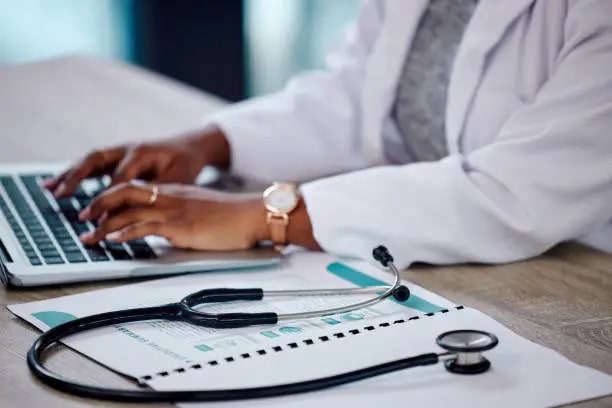Blog
May 17, 2023 • 10 mins readPneumonia and Oral Health
Pneumonia is a serious lung infection that can have a major impact on your oral health. Learn more about the connection between pneumonia and oral health.
Author
Danielle Duncan

In this Article
Pneumonia, a severe infection that causes inflammation in the air sacs in one or both lungs. As these air sacs fill with fluid or pus it can cause fever, chills, cough with phlegm or pus, and difficulty breathing. There are numerous different types of viruses, fungi, and bacteria that can cause pneumonia and the severity can range from a mild case to a life-threatening case.
Over 1 million Americans of every age have dealt with a pneumonia infection every year, but did you know that studies have shown that there may be a link between the risk of getting pneumonia and oral health?
People who avoid attending their annual dental checkups have an 86% higher risk of facing a pneumonia infection than those who regularly see their dental providers every six to twelve months for regular dental exams and cleanings.
So, how does poor oral health increase the risk of pneumonia?
Most commonly seen in the elderly population or patients who don’t attend regular dental exams or follow appropriate dental hygiene routines at home, when a patient has existing dental caries or periodontal disease, it increases the risk of aspiration pneumonia due to the desperation of bacteria found in the mouth.
Oral health has implications for systemic health, but is often overlooked or taken for granted by many patients. Dentists play a vital role in helping their patients maintain the microbiome of not only their mouth, but their whole body as well.
If left unchecked, biofilm on the teeth and inflammation caused by infection can wreak havoc on the microenvironment of the mouth which leads to the higher risk of pneumonia and disease.
How does proper oral care help?
Healthy gums and teeth are the key to helping to reduce the risk of pneumonia. When a patient is seen regularly, their dentist and dental hygienist are able to not only diagnose any existing problems in the oral cavity such as dental caries and the first signs of gum disease, they can give guidance to their patients on how best to care for their oral health at home with a simple to follow routine.
If the oral cavity is clean, well managed, and healthy, there are fewer bacteria in the mouth that can end up in the lungs!
What can patients do to help reduce the risk of pneumonia caused by oral health issues?
- Schedule regular dental exams!
Scheduling regular dental checkups and cleanings every six months to a year is standard practice in maintaining oral health; but it doesn’t stop there! There are times when something doesn’t feel quite right in the oral microbiome that needs quick attention. While it may be tempting to try to tough it out to see if it passes, it is important that patients contact their dentist right away with any concerns.
- Keep your medical history updated!
Keeping a detailed record of medical history and medicine on file helps dentists to treat their patients and gives them the upper hand in keeping an eye out for any potential problems caused by other diseases or medications. For example, some medications taken for heart conditions can cause dry mouth that leads to dental caries or tooth decay if left untreated.
- Follow a dental hygiene routine at home!
Staying on top of dental hygiene at home doesn’t have to be a chore and is an easy way to keep your dentist happy at every visit. Brushing your teeth twice daily with a soft bristled brush and ADA approved fluoride toothpaste, using mouthwash, and flossing helps to minimize bacteria growth and buildup of plaque.
As a whole, reducing the risk of aspiration pneumonia in patients by working together to keep the oral ecosystem running properly is a simple way to help reduce the risk to patients. If you are one of many dental providers who is struggling to get their patients to follow up with their dental exams, try implementing medical billing for dental exams and cleanings to help reduce the out of pocket cost for the patient and increase the benefits your patients get while maintaining their annual exams.



